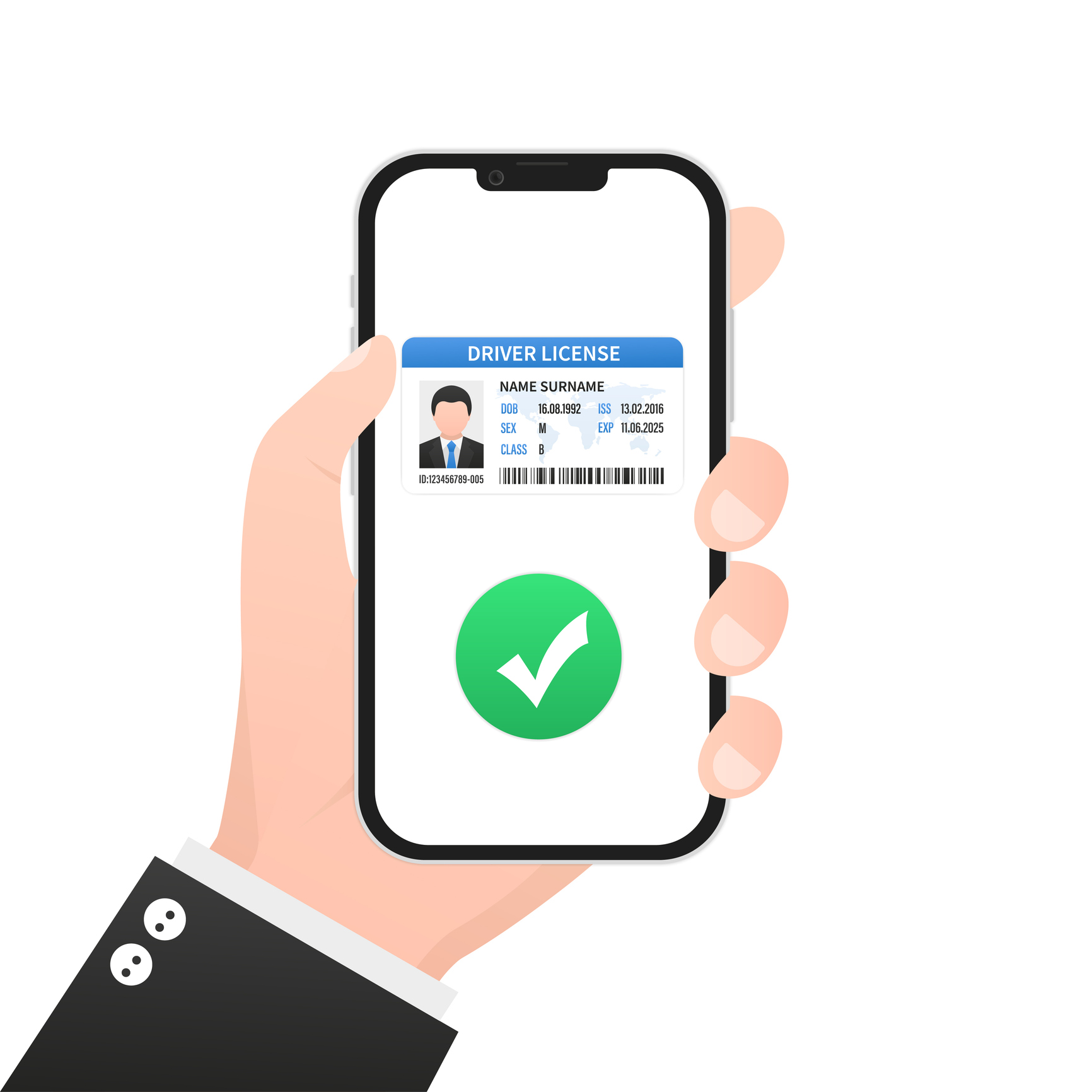
As many states around the country have taken action on various TikTok bills, the United States House of Representatives is considering whether to pass legislation requiring TikTok’s Chinese parent company to sell the popular video-sharing social media platform for the app to continue operating in the United States. H.R. 7521 would prohibit internet service providers and app stores from hosting TikTok unless it spins off from ByteDance Ltd within 180 days. U.S. House Representative Mike Gallagher, Chair of the U.S. House Select Committee on the Chinese Communist Party, introduced the “Protecting Americans from Foreign Adversary Controlled Applications Act” on March 5. The House Energy and Commerce Committee approved the TikTok bill by a unanimous, bipartisan 50–0 vote on March 7.
The House passed H.R. 7521 in a 352–65 vote on March 13, comfortably more than the two-thirds majority required under a suspension of the rules. The TikTok bill now moves to the U.S. Senate for consideration. President Biden said he would sign a bill to force TikTok divestment if Congress passes it.
Provisions of the TikTok Bill
The measure would bar app stores and web hosting services from distributing, maintaining, or updating TikTok or any other application operated by ByteDance for U.S. users. The ban would also apply to applications controlled by any ByteDance subsidiary or successor. The ban would go into effect within 180 days after the measure’s enactment unless the social media platform severs ties with ByteDance. The measure would subject an app store or internet provider that violates the prohibition to a civil penalty of $5,000 per U.S. user accessing the platform after the ban.
The measure would exempt offending applications divested from a foreign adversary-controlled parent company before the ban takes effect, and any ban that goes into effect would cease upon divestment. The president must confirm that a foreign adversary no longer controls the company.
The TikTok bill would also ban social media apps controlled by China, North Korea, Russia, and Iran, which have more than 1 million monthly active users, if the president determines it presents a significant national security threat. The bill would require the president to issue a public notice of the determination and report to Congress at least 30 days in advance, describing the specific security concerns and what assets the apps must divest. The ban would apply 180 days after the president’s determination. It wouldn’t include any app whose primary purpose is to post reviews.
The measure would require a covered app to provide all personal data to a U.S. user upon request. Apps must provide data in a machine-readable format, including the user’s content and account information. Violating the data provisions would result in a civil penalty of $500 per U.S. user.
Latest News
Photo credit: iStock.com/StudioGraphic As technology continues to evolve, digital driver's licenses (also known as mobile IDs) are gaining traction across the United States. States are increasingly exploring legislative measures to modernize driver identification systems, enabling [...]
NetChoice and AI regulation In this episode of the Back in Session podcast, hosts Ryan Stevens and Ryan DeMara sit down with Amy Bos, Director of State and Federal Affairs at NetChoice, to discuss the [...]
Photo credit: iStock.com/yacobchuk The use of cell phones by students in classrooms is on the rise, despite 77% of schools prohibiting cell phones at school for non-academic use. With students often disregarding these rules or [...]
In the latest episode of the "Back in Session" podcast, hosts Ryan Stevens and Ryan DeMara delve into the innovative world of AI technology applied in gun detection with Burgess Nichols from ZeroEyes. Starting with [...]





Stay In Touch